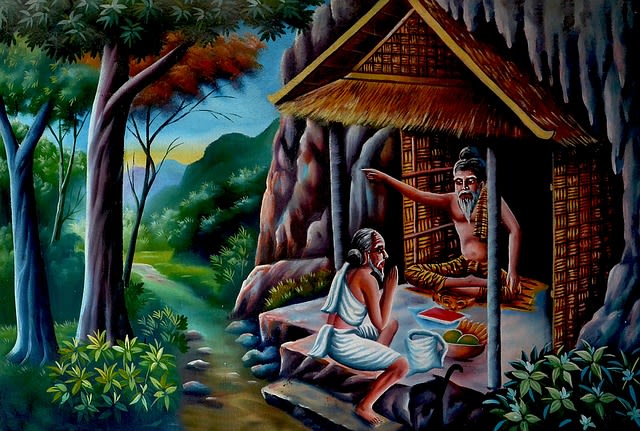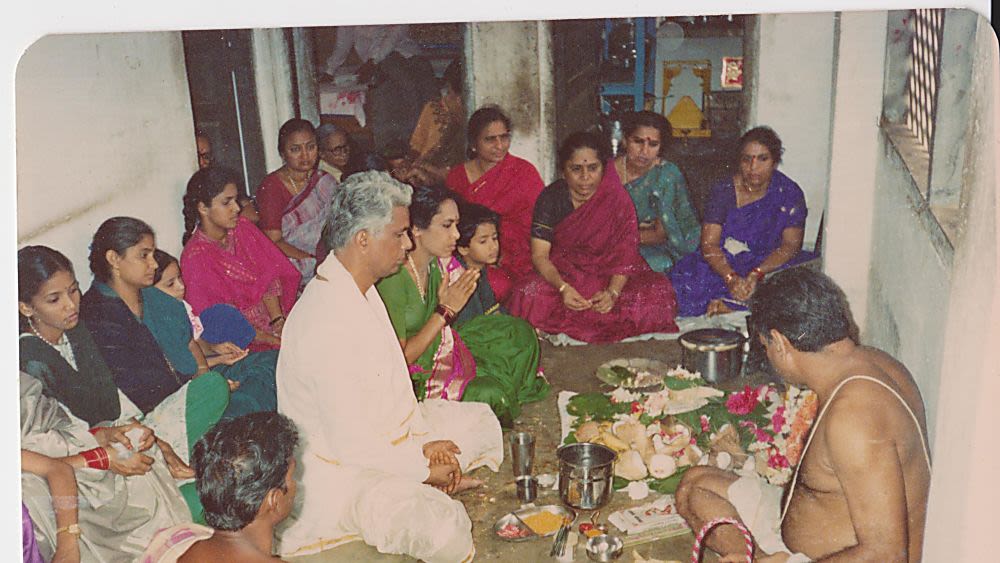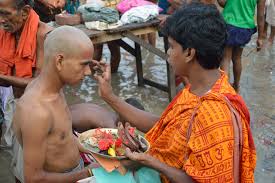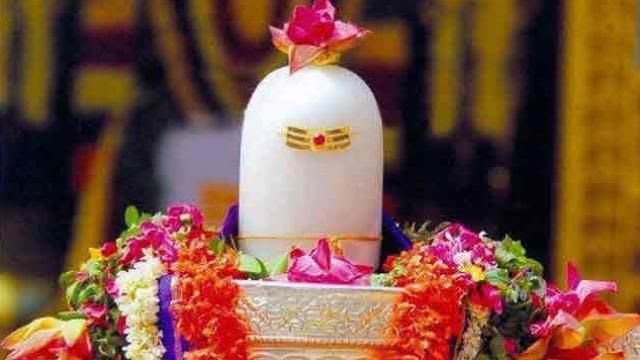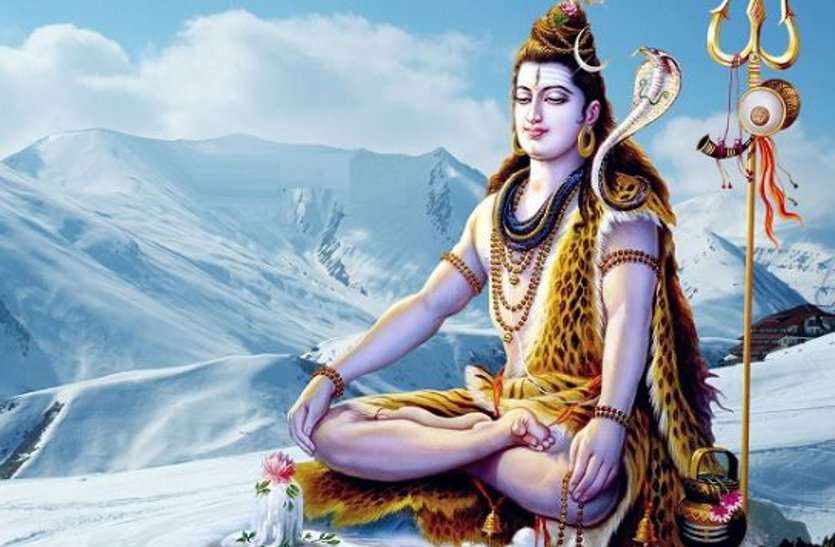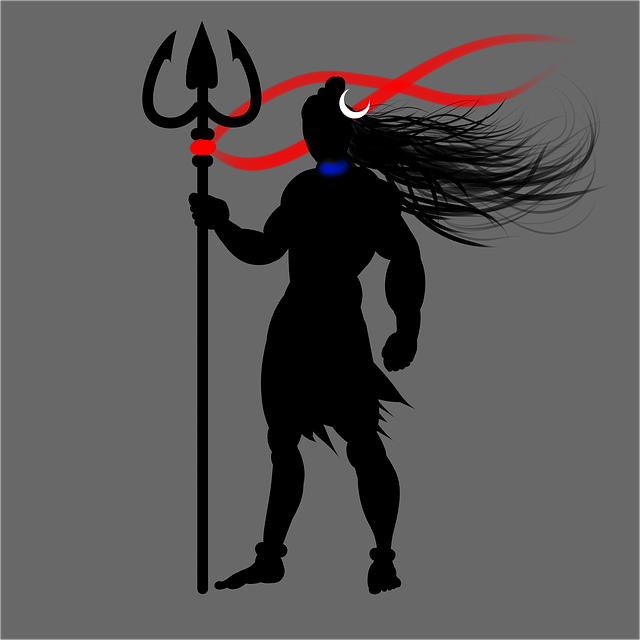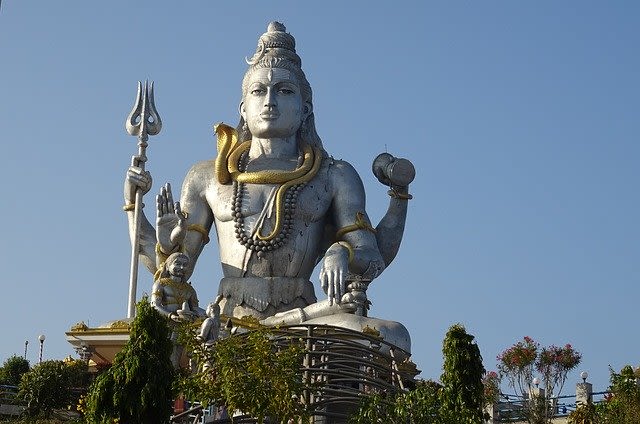India is a country of festivals and Guru Poornima is one of the festivals that is celebrated by worshiping the academic teachers and spiritual gurus. Guru/teacher plays a very important role in one’s life. According to the Sanskrit language, the word ‘GURU’ is a combination of two words GU & RU. The word ‘GU’ denotes darkness and the word ‘RU’ indicates the remover of darkness. Thus the word ‘GURU’ signifies the remover of darkness.
Hindus, Jains, and Buddhists celebrate Guru Poornima every year on the full moon day of the Ashada month. This day is very auspicious to express your love and warmth to your beloved teachers or gurus who helped you in excelling throughout your life.
Guru Poornima is devoted to the greatest guru Vedvyas who classified Vedas into four different texts. The four Vedas are Rigveda, Samveda, Yajurveda, and Atharvaveda. He is the one who has written the greatest epic Mahabharata.
Guru can only guide us or help us in our difficult modes of life but it is we who should walk on the path shown by a guru. Gurus are regarded as gods and their wish, command, and advice are considered ultimate. Gurus, in practice, are not just teachers. Hence, many even thank their parents for imbibing purposeful knowledge into their kids. Some people even say that if one's own life is a teacher, one could honor oneself with a treat too. One can chant the guru mantra that is given below:
Gurur Brahma Gurur Vishnu
Gurur Devo Maheshwarah
Guru Saakshaata Parabrahma
Tasmai Shri Guruve Namah
This mantra clearly signifies that the guru is a combination of all three trinities (Brahma-Vishnu-Shiva) and if one follows the path set by the guru, they will be able to achieve their goals.
There are few people who call themselves as gurus just to be popular and cheat innocent people whereas a real guru is someone who has surrendered himself completely for the betterment of the society and enlightens people.
In Astrology, Guru is also called as Brahaspati or Jupiter. In the Vishnu Purana Jupiter is regarded as Brahma, sometimes he is identified as Ganapati, and sometimes with Angiras (the priest of the gods and lord of sacrifices). If a person is afflicted by guru then one should apply turmeric or chandan on the forehead and donate bananas or sweets to orphans. Wearing of a three/nine/twelve faced rudraksh is considered auspicious.
